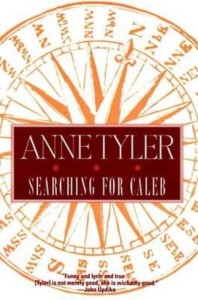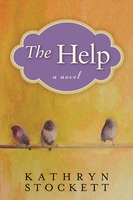This book attracted my attention because I’ve long been interested in issues around privacy on the Internet. I’m often horrified by how casually people reveal personal information there, naively revealing things like birthdates and travel information. I’d have thought that most people knew by now that once something is on the Internet, it is there forever, and that modern search engines enable anyone to find it. People may not realise that employers and college admissions offices will look for and find that photo of a keg party or blog post about a sexual encounter. Some folks I’ve spoken with say they have nothing to hide or adopt a fatalistic attitude, assuming that privacy is impossible in an online world, yet I believe it is important to do what we can to protect ourselves.
I’ve also been conscious of much bullying and abusive behavior on the Internet, directed especially at women and minorities. Blogs that I used to enjoy have had to be shut down and some newspaper columnists no longer allow comments because of the vicious and threatening comments posted. Martha C. Nussbaum’s essay goes into detail about the causes and effects of misogyny and objectification of women. Brian Leiter recounts two examples of what he calls cyber-cesspools and the methods posters there use to ensure that their harassing and threatening posts are the first search results returned. Anonymity certainly contributes to the level of violence, and it is shocking how badly some people behave when they think no one will know who they are and there will be no retribution.
Essays in this book, which grew out of a conference, explore offensive behaviors on the Internet in three areas: reputation (how easily it can be damaged and what the personal, professional, and financial repercussions are), privacy (how the Internet enables gossip and false accusations to spread outside of our local communities), and speech (what speech is protected by First Amendment doctrine). The essays concentrate on what legal and political remedies could be deployed to protect non-public individuals.
I’ve followed the arguments of the large and vocal contingent who want the Internet to remain “free”, i.e., unregulated, so it is good to hear such a measured and intelligent response. For example, John Deigh’s essay includes a discussion of the classical defense for freedom of speech, John Stuart Mill’s On Liberty, going beyond the usual quotes to put them in the context of Mill’s argument. I appreciate the precision of the discussions, where terms are clearly defined and recommendations supported by carefully crafted arguments.
The essays are well-written and—I think—easy for the lay-person to understand, though this is a field where I have some expertise. Many of the essays gave me new insights such as Cass R. Sunstein’s essay which explores how informational cascades and group polarisation contribute to the spread of false rumours. For all the talk of a “marketplace of ideas”, few people will go against the beliefs of their group or the opinions that have already been voiced. I highly recommend this book to anyone who is interested in these ideas.

